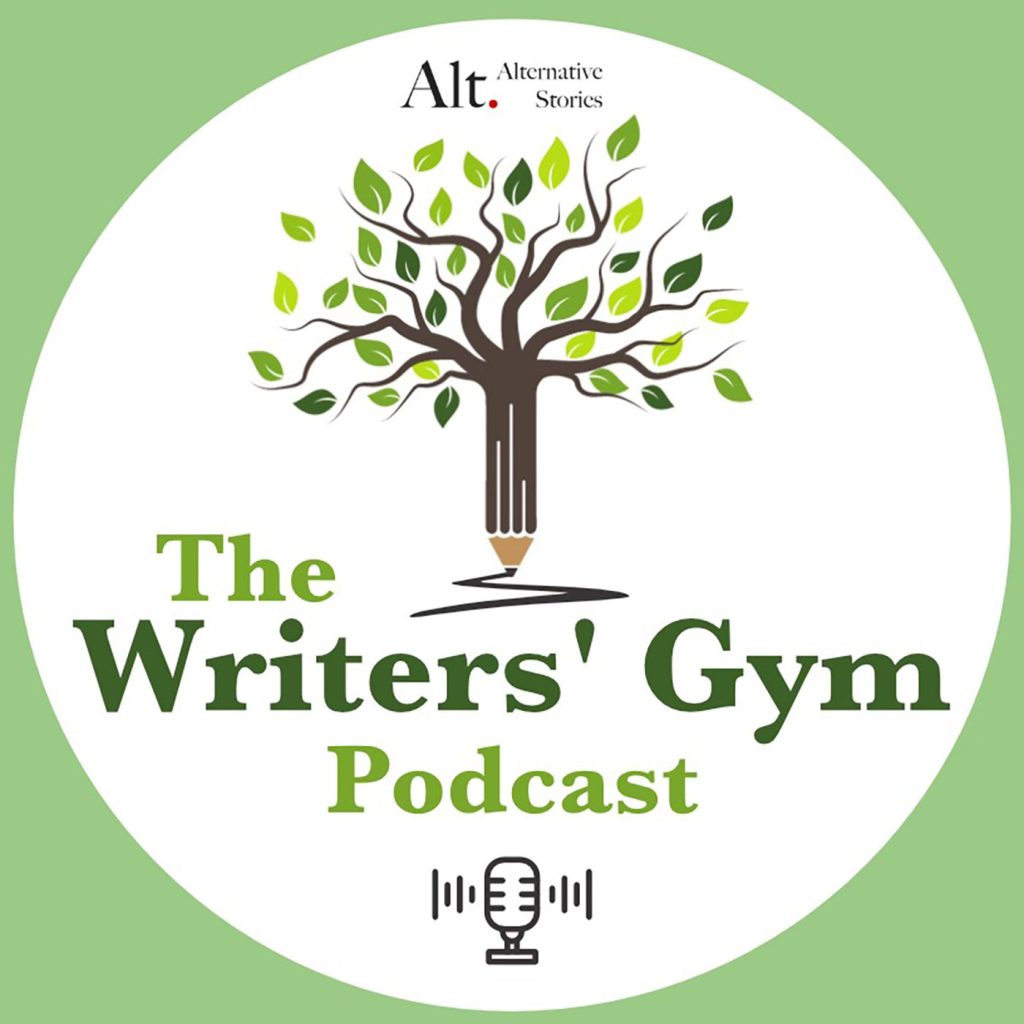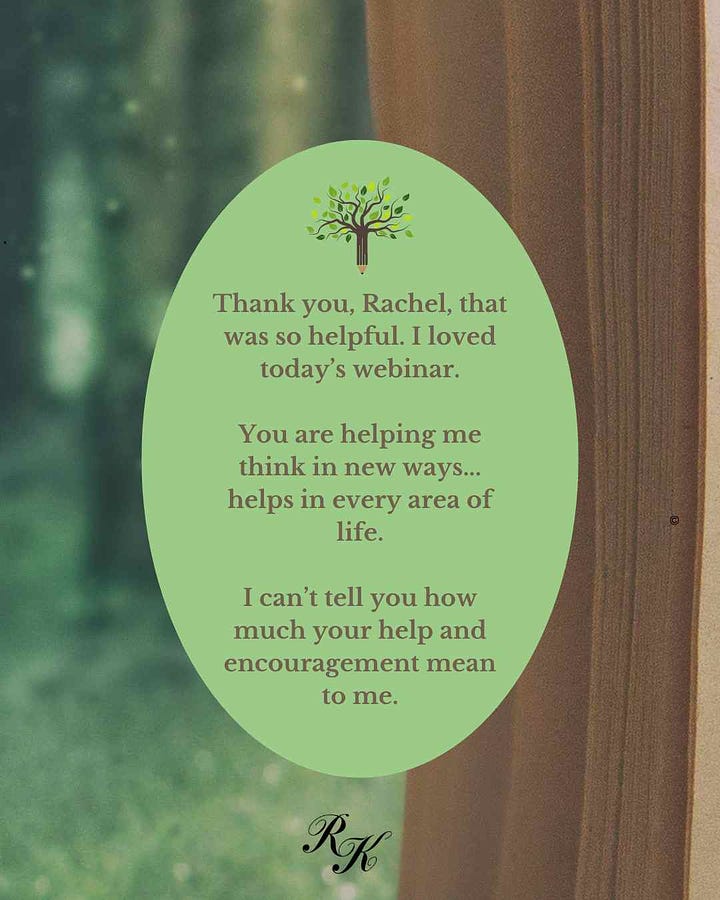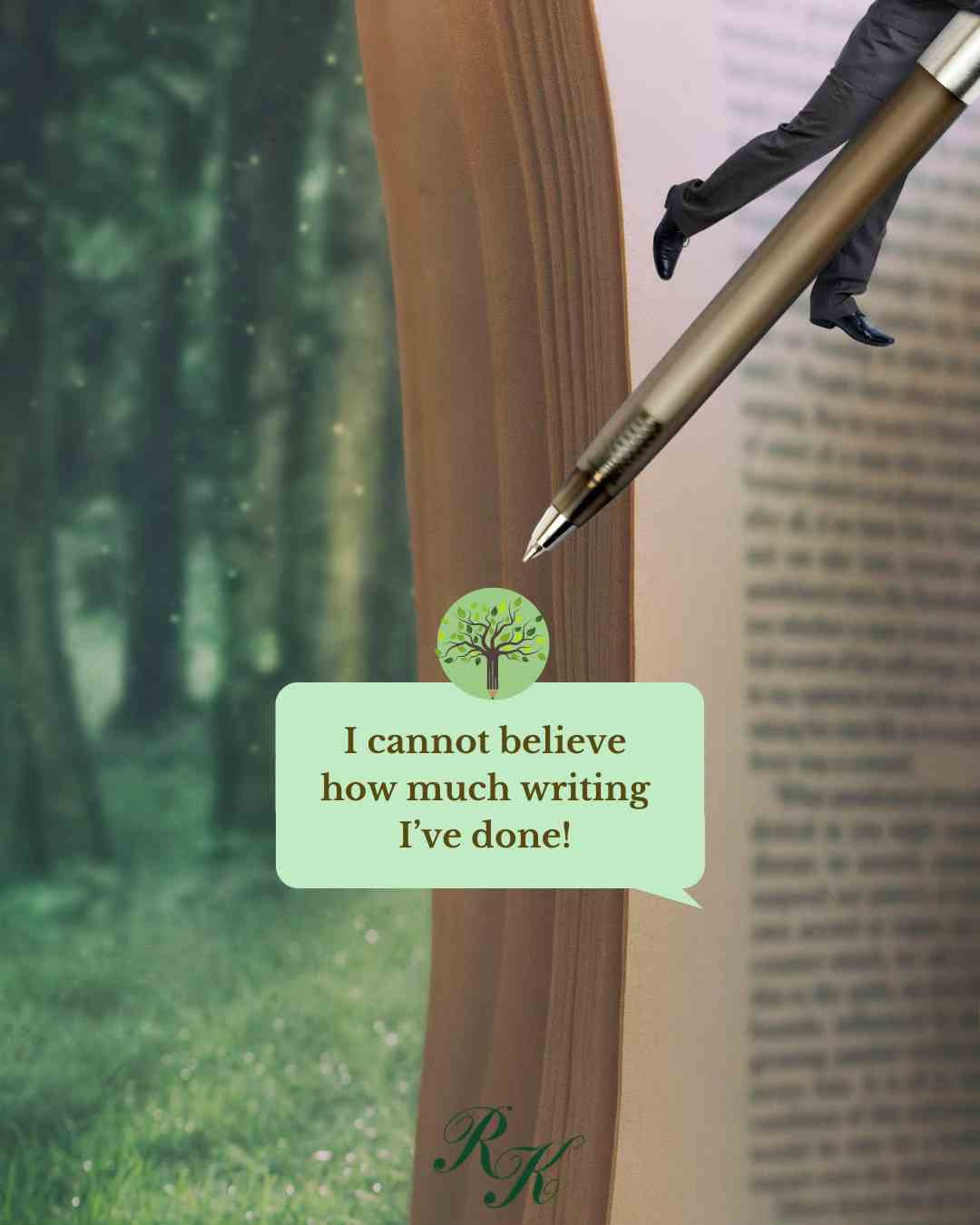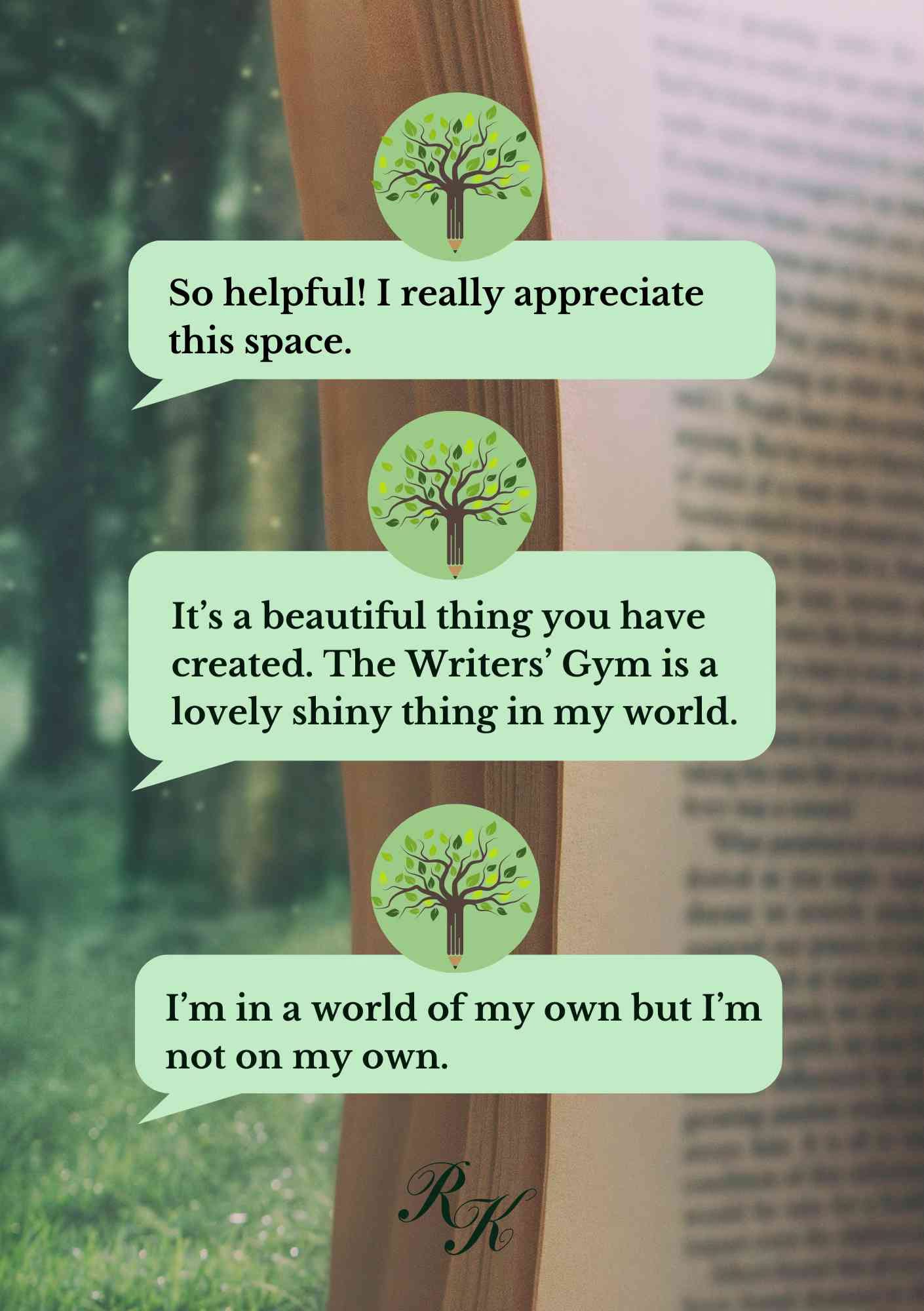And how being a writer makes you a better friend.
TRIGGER WARNINGS: SEXISM; RACISM.
About seven years ago, shortly after I moved in with my partner, I asked him to hang a sheet I’d taken out of the washing machine over his office door.
He looked at me (a foot shorter than him), at the door, and at the sheet. Then he said one of my favourite character dialogue lines I ever pocketed for writing workshops.
“It must be weird being little.”
It was funny and it was beautiful. A sudden and absolutely truthful realisation shared aloud that he and I live in the same home but in different worlds. That was what made it so touching, so memorable. We recently compared our pedometer steps after sharing the same walk the other day (big difference); he’s also been present when I’ve told an event organiser something wasn’t working and been ‘reassured’ and dismissed, then had my partner communicate the same information to the same person (and be listened to, taken seriously and thanked).
The best writing prompt of all? Stepping into someone else’s shoes. Maybe the ones right next to ours. We always, always come out of it with a better understanding of a character, having hit ‘refresh’ on our assumptions.
The better we think we know someone, or something, the less precisely we go about imagining what it’s like to be them.
Except in those moments like the sheet over the door.
But creative writing means thinking as someone else. It means actively creating those moments, those realisations, that empathy.
That’s why I find swapping genre, height, race, hidden disability, musical or literary taste – et infinite cetera – so liberating as writer. I can access what it feels like to be me, unlimited.
A less funny example of assumptions and opportunities of turning them around happened to me yesterday morning.
I was in a cab on the motorway, somewhere between my home and the home of my co-presenter where we’d be recording the second half of the current series of The Writers’ Gym podcast. I was in a cab rather than doing the thrice-as-long journey to alleviate any anxiety, so I’d be as present as I could be when we recorded. This is what he said:
“You look like that singer. The one who died. She was Jewish but she was very good.”
Oh, the power of that conjunction. The assumptions it contained.
“Amy Winehouse,” I said.
“Yeah, Amy Winehouse. She was Jewish but still, very good. You look like her.”
Right, I thought. Here I have a choice.
I had no choice. that right now I was on a motorway, in the rain, halfway between home and where I was going, that the driver (a large male) and I (a small female) were alone together. I didn’t necessarily believe I was in any immediate physical danger. But like anyone who is smaller than most people and has been sexually assaulted and/or stalked, imagination and awareness of potential are skills we don’t just use in our writing.
But I do not feel in physical danger. Emotionally hurt, vulnerable. But with a chance to create something here rather than hide, rather than withdraw. I could let feeling small and vulnerable (short woman, large man, who had already made comments that made me not be surprised when this particular line of dialogue came out) mean playing small and vulnerable. And comparatively safe.
This man, I reminded myself, has heard and been interested in me talking about being a writer and coach; how having a career where I get to witness and support people unlocking their creativity to make their own stories happen – yes on the page but also in their careers and personal lives; moving beyond their assumptions about themselves and the world. He already knows that about me.
What if, when I leave this cab, he is slightly less racist (ie slightly less generalising of a group) or at least more aware of racism, than when I got into it?
That’s what I did. I told him I was Jewish, and let the reality of me speak for itself.
He backtracked a bit, I continued talking to him.
I will never know if it changed anything, if he is any more aware of having made an assumption or seen the potential for specificity where before there was generalisation.
But we do. We know.
When we write, when we explore the specificity of a character, we’re flexing those creative muscles and seeing individual people, greater possibility.
“It must be weird being little.”
It’s not being another person that’s weird. What’s weird is those moments of opportunity where we see not our own version of someone else but what it’s like to be them. And it’s so much more complex, more nuanced, more individual, than the version of their story we’d otherwise have written.
Creative I-dare-you:
Write a scene in which your character is wrong about something. What’s the realisation, if there is one? Or the missed opportunity, if there isn’t?




